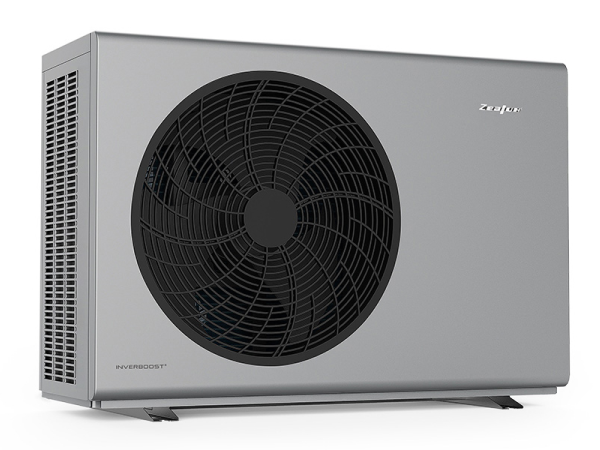Introduction
When it comes to heating and cooling your home, the choice between a heat pump from heat pump manufacturer and an air conditioner (AC) depends on various factors, including climate, energy efficiency, installation costs, and personal preferences. Both systems offer distinct advantages and disadvantages, making it essential to understand their differences to determine which option is better suited to your needs.
Heat Pump vs. Air Conditioner: Understanding the Differences
1. Heating and Cooling Capability:
- Heat Pump: Unlike air conditioners, heat pumps can provide both heating and cooling functions. During the warmer months, heat pumps operate like traditional AC units, extracting heat from indoor spaces and transferring it outside to cool the air. In colder months, however, heat pumps reverse this process, extracting heat from outdoor air (even in cold temperatures) and transferring it indoors to warm the home.
- Air Conditioner: Air conditioners are designed solely for cooling purposes. They remove heat from indoor air and transfer it outside, resulting in a cooler indoor environment. Unlike heat pumps, air conditioners cannot provide heating during colder months.
2. Energy Efficiency:
- Heat Pump: Heat pumps are known for their energy efficiency, as they utilize electricity to transfer heat rather than generate it. By moving heat rather than creating it through combustion, heat pumps can provide efficient heating and cooling, resulting in potential energy savings on utility bills.
- Air Conditioner: While modern air conditioners have become more energy-efficient over the years, they typically consume more electricity than heat pumps, especially during the cooling season. Air conditioners rely on electricity to power compressors and fans to cool indoor spaces.
3. Climate Considerations:
- Heat Pump: Heat pumps are most effective in moderate climates where temperatures rarely drop below freezing. In regions with mild winters, heat pumps can efficiently provide both heating and cooling, offering year-round comfort. However, in areas with extremely cold temperatures, the efficiency of heat pumps may decrease, requiring supplemental heating sources or backup systems.
- Air Conditioner: Air conditioners are well-suited for cooling in all climates, regardless of temperature variations. They perform efficiently in hot and humid climates, where cooling demands are high during the summer months.
4. Installation and Initial Costs:
- Heat Pump: The installation costs of heat pumps are typically higher than those of air conditioners, primarily due to their dual heating and cooling capabilities. Heat pump systems require additional components, such as reversing valves and supplementary heating elements, which can increase upfront expenses.
- Air Conditioner: Air conditioners are generally more affordable to purchase and install compared to heat pumps. Since they only provide cooling, air conditioning systems are simpler in design and require fewer components, resulting in lower installation costs.
5. Long-Term Maintenance:
- Heat Pump: Heat pumps require regular maintenance to ensure optimal performance and efficiency. Routine tasks include filter replacement, coil cleaning, refrigerant checks, and system inspections. Neglecting maintenance can lead to reduced efficiency and increased energy consumption.
- Air Conditioner: Like heat pumps, air conditioners also require regular maintenance to ensure proper operation. Routine tasks include filter replacement, coil cleaning, refrigerant checks, and system inspections. Proper maintenance can prolong the lifespan of the air conditioning system and prevent costly repairs.
Conclusion:
Choosing between a heat pump and an air conditioner depends on various factors, including climate, energy efficiency, installation costs, and personal preferences. Heat pumps offer the advantage of providing both heating and cooling functions, making them suitable for moderate climates. They are energy-efficient and can result in potential energy savings on utility bills. However, in regions with extremely cold temperatures, the efficiency of heat pumps may decrease, requiring supplemental heating sources.
On the other hand, air conditioners are specifically designed for cooling and are well-suited for all climates. They are generally more affordable to purchase and install compared to heat pumps. While air conditioners consume more electricity than heat pumps, modern models have become increasingly energy-efficient.
Ultimately, the decision between a heat pump like pool heat pump and an air conditioner depends on your specific heating and cooling needs, budget considerations, and regional climate conditions. Consulting with HVAC professionals can help you evaluate your options and determine the best solution for your home.
Matériaux
Outils
Étape 1 -
Published

 Français
Français English
English Deutsch
Deutsch Español
Español Italiano
Italiano Português
Português